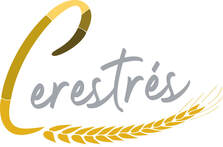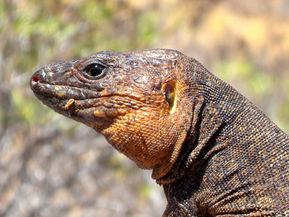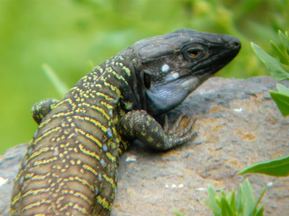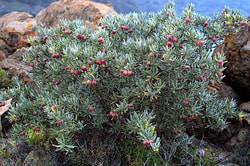ONGOING PROJECTS
Increasing efficiency of water use in cereal crops through plant breeding and water management strategies: implications on biodiversity and climate change adaptation and mitigation (CERESTRES)
|
Proyectos I+D+I Retos de Investigación
REF: PID2020-118650RR-C31
|
Grup Operatiu Ecològic: Producció ecològica d’arròs en zones amb limitacions naturals com el Delta de l’Ebre
Grup Operatiu Projects
Origin's Programm - Delta del Ebro
PAST PROJECTS
Impact of forest eutrophication on plant diversity and animal-plant interactions
In collaboration with Dr. Lucas Garibaldi and the PhD student Margarita Fernández we assessed experimentally the bottom- up effects of forest eutrophication on plant diversity, animal-plant interactions and ecosystem functioning with especial emphasis on pollination, herbivory and nutrient cycling.
Ecological intensification to conserve biodiversity and improve provision of ecosystem services in farmlands
In collaboration with Dr. Lucas Garibaldi, Dr. Georg Andersson, Dr. Fabrice Requier and Dra. Juliana Hipólito we are working in different research lines for assessing how ecological intensification affect biodiversity conservation and the provision of multi-dimensional ecosystem services (environmental, social and economic) in small-holder farms.








